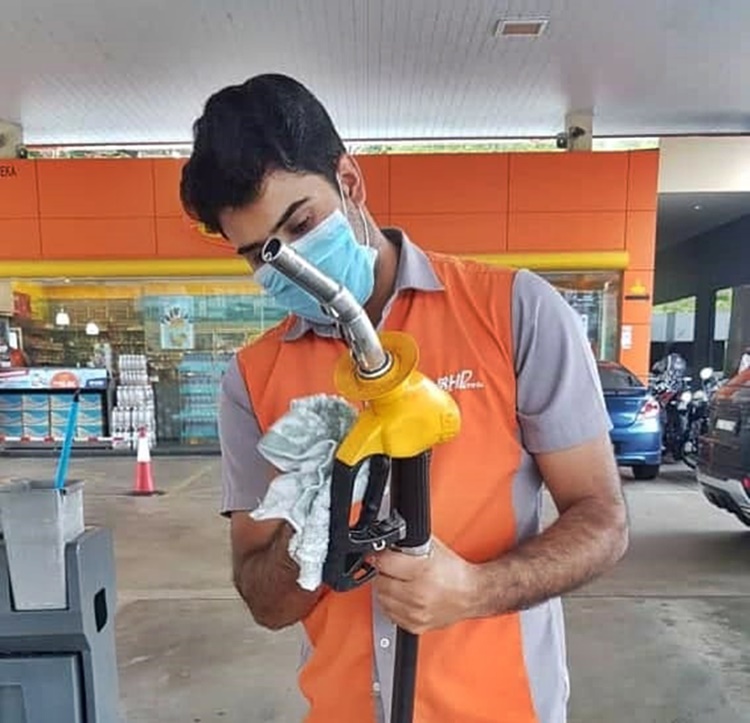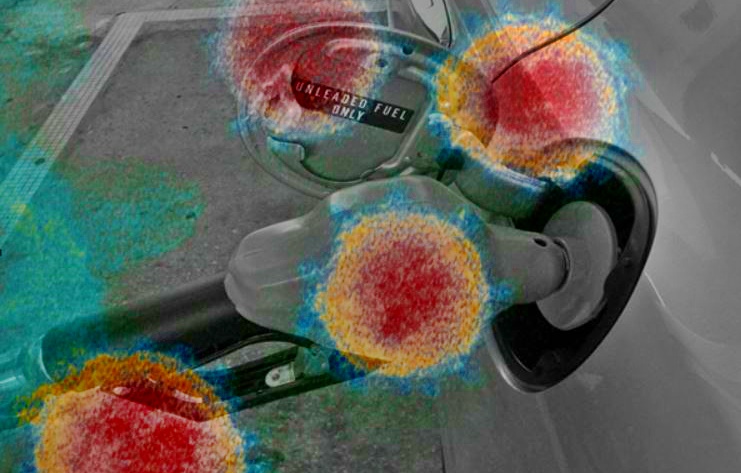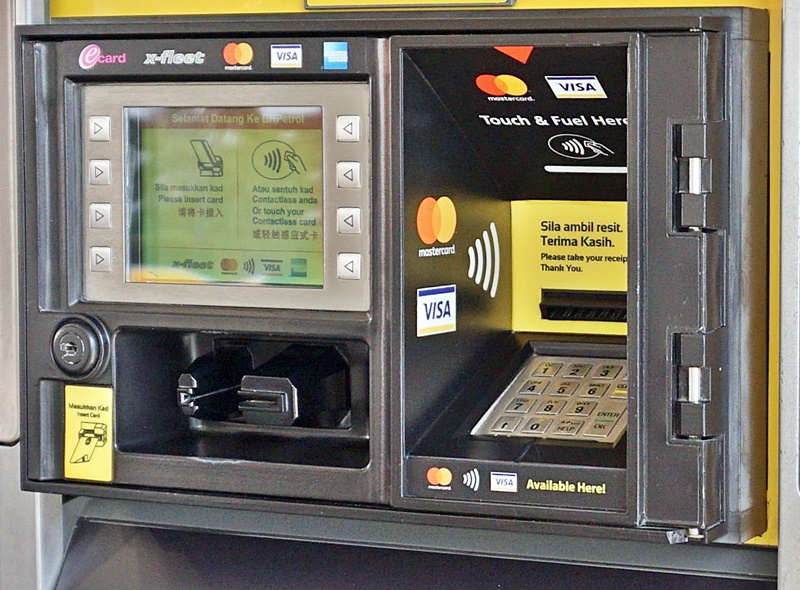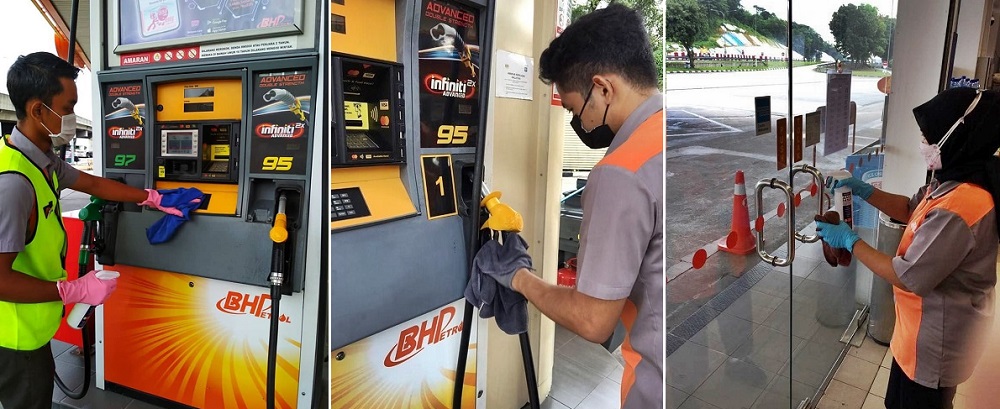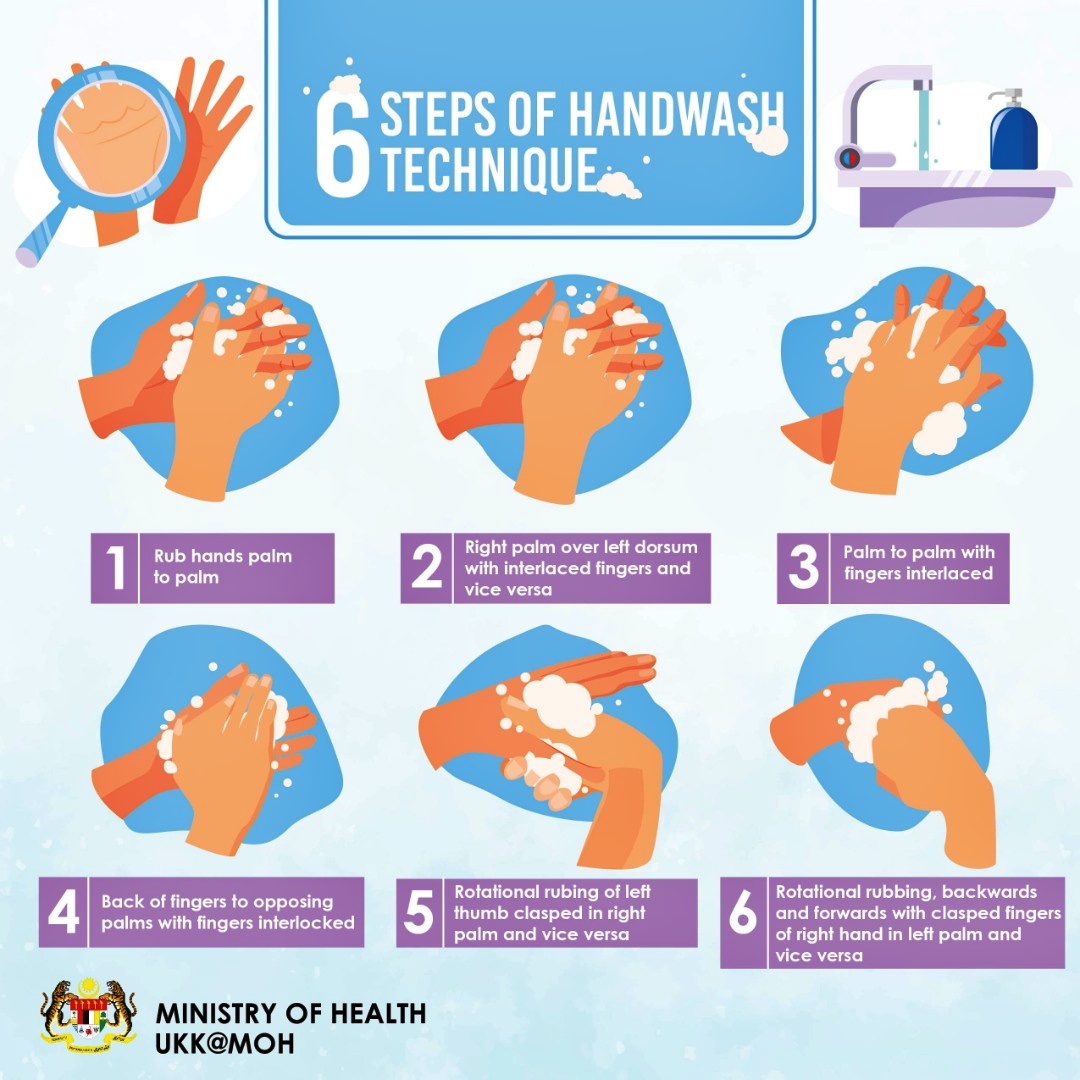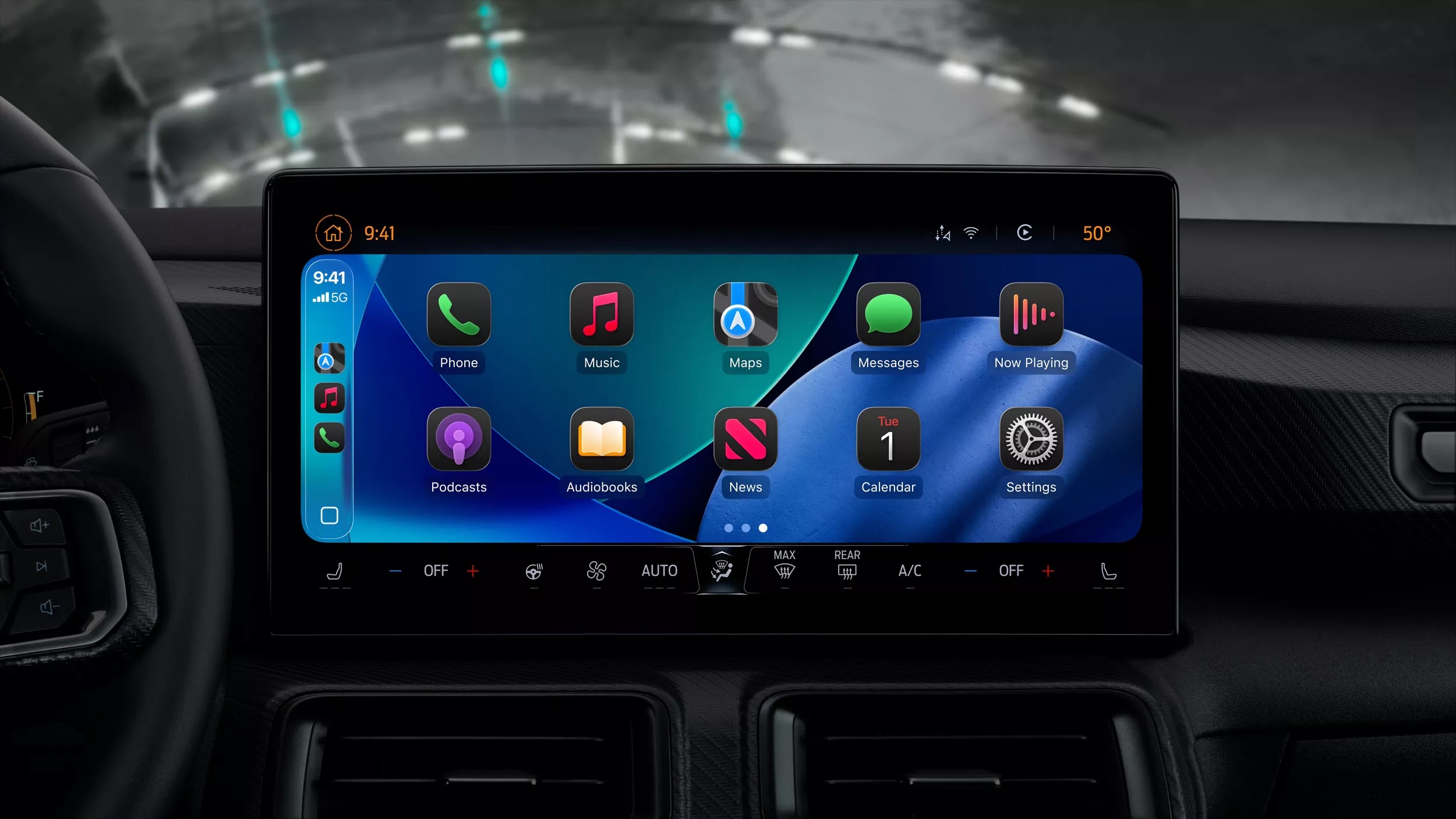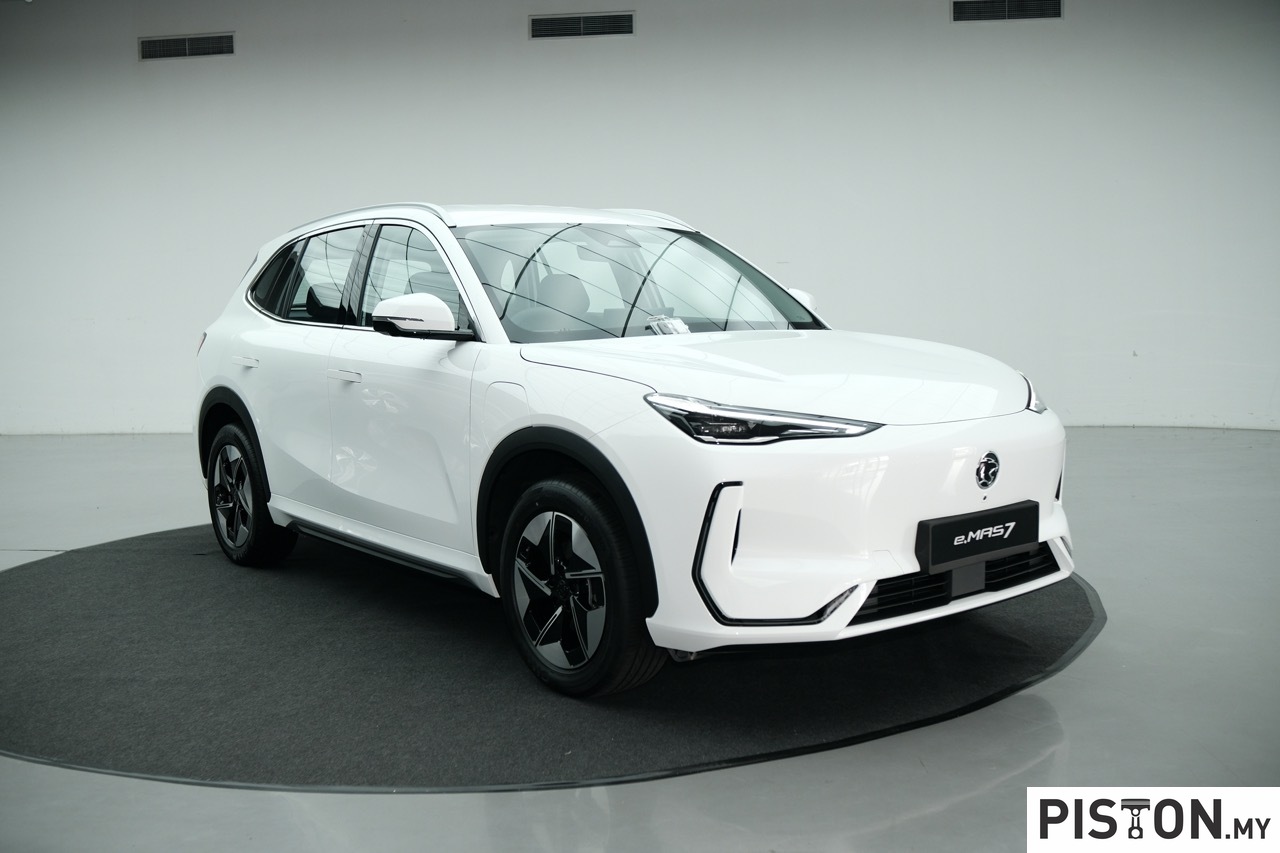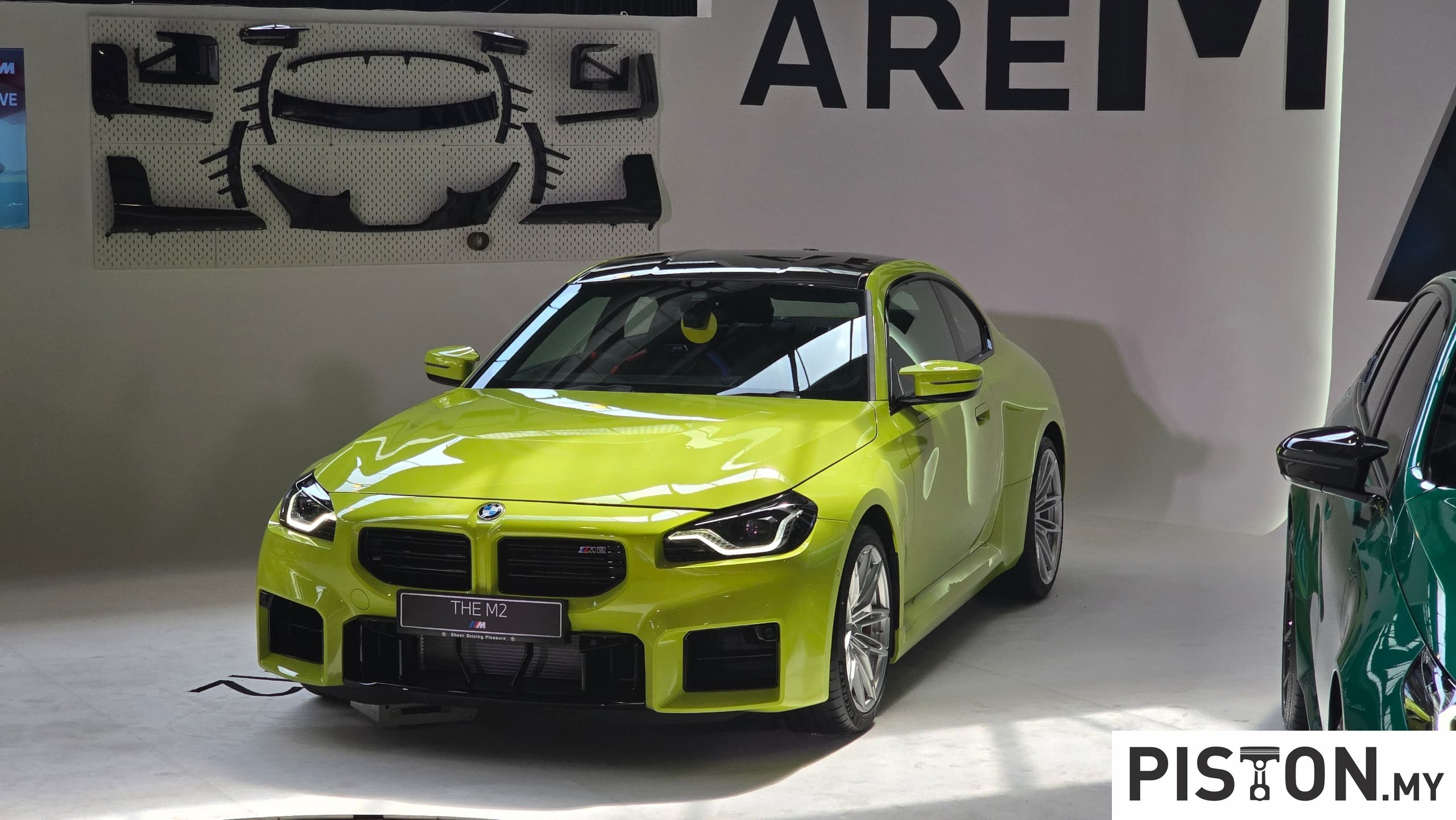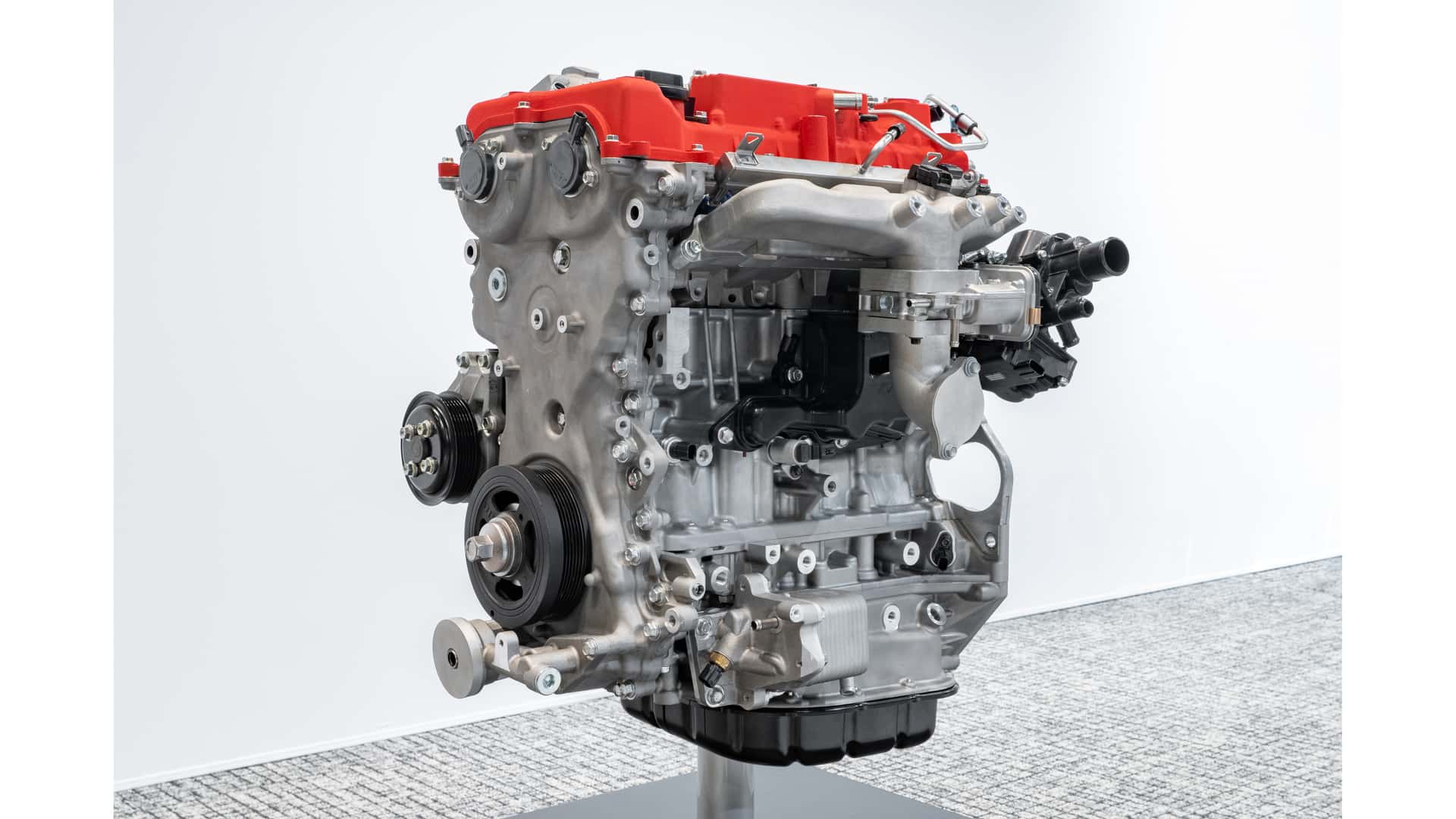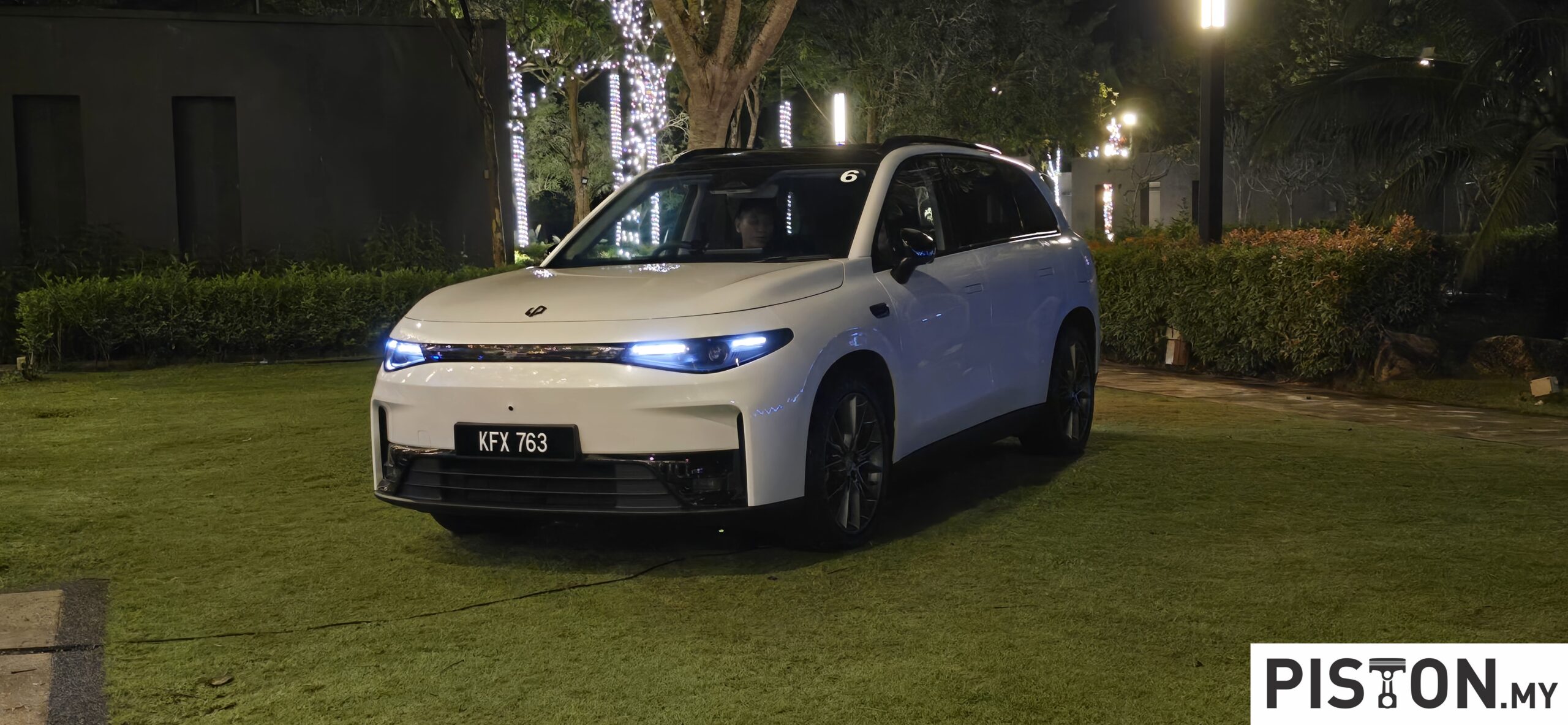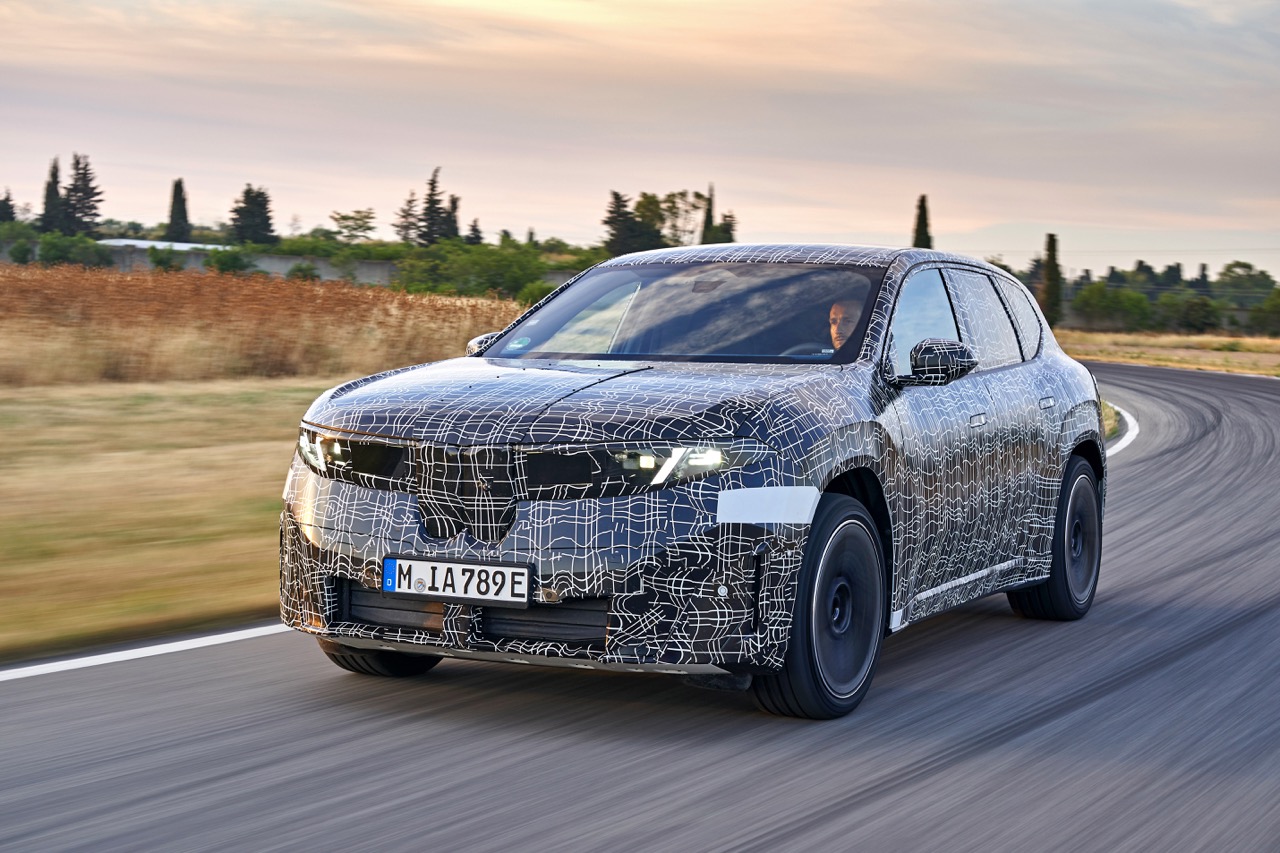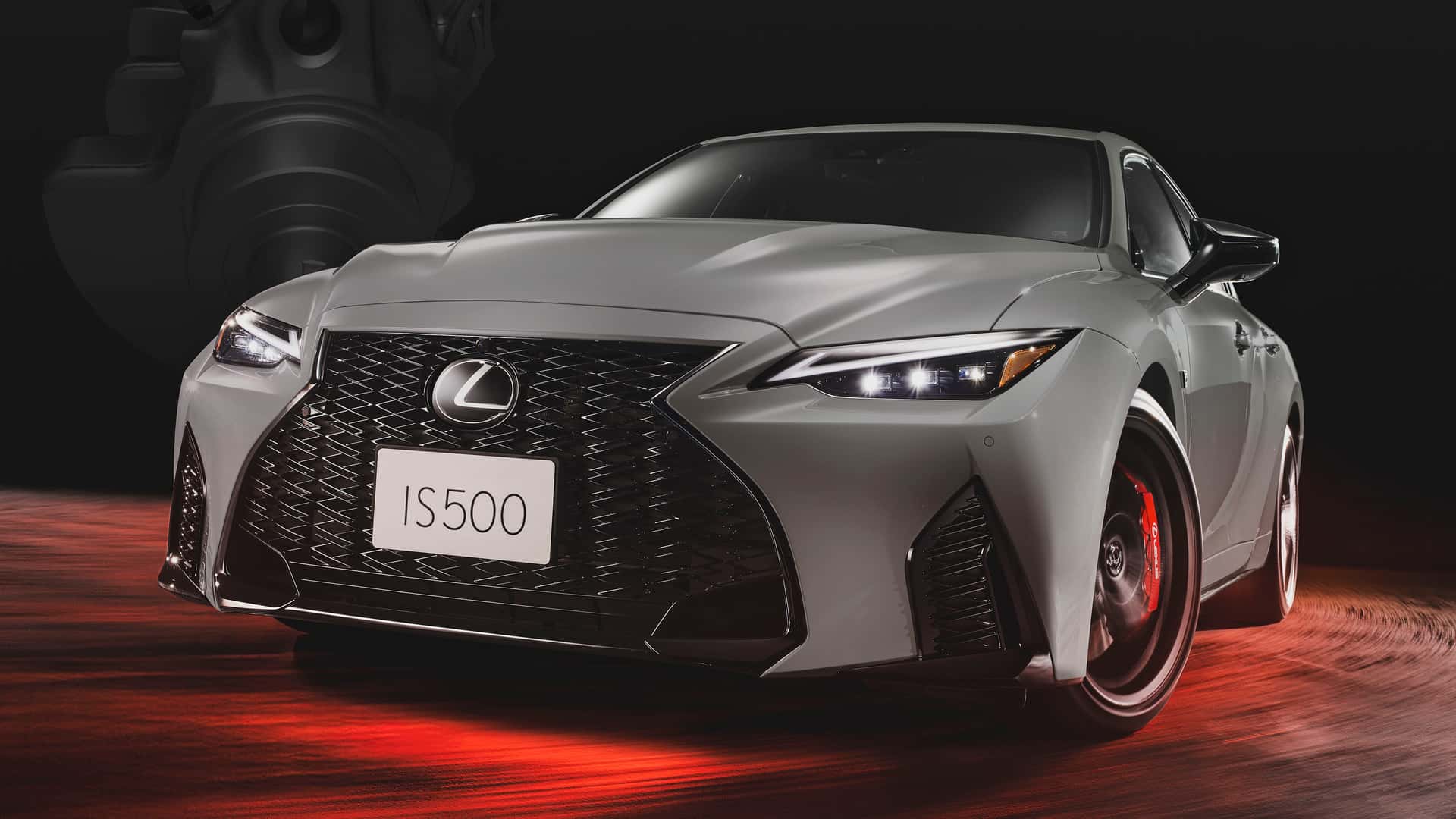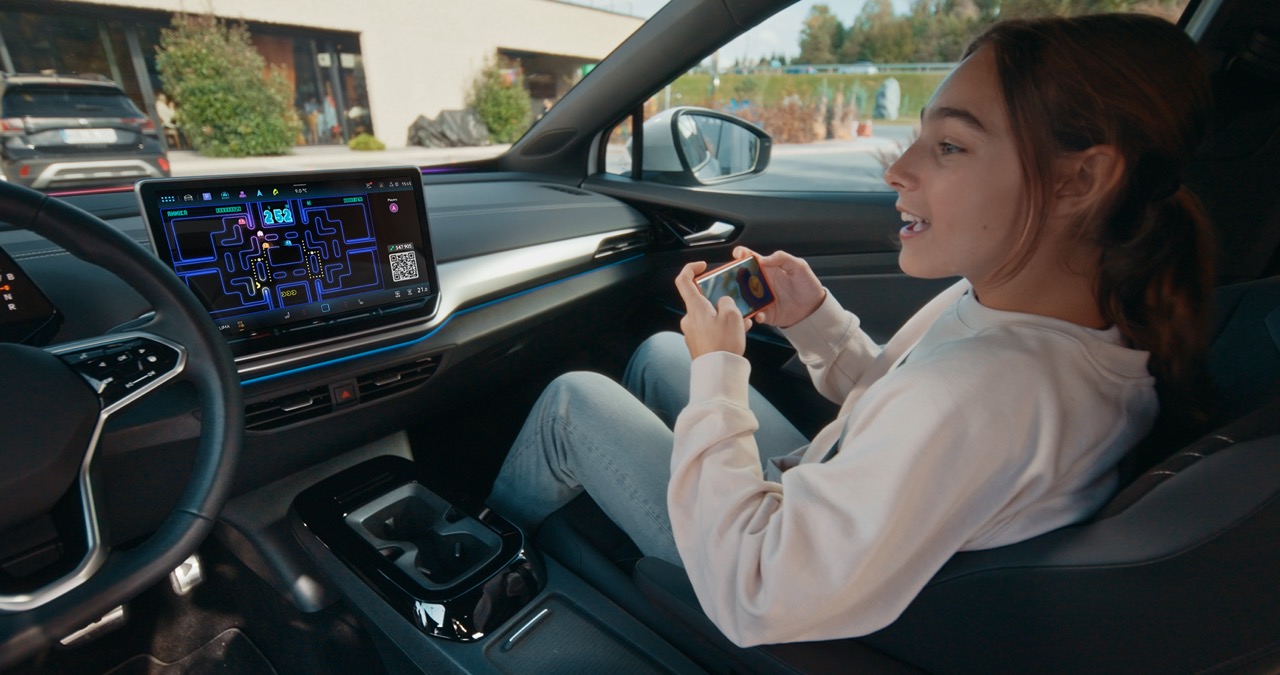Germs are all over the place and they’ve been there all along. Over the thousands of years, the human body has managed to build up defences for some of them or making ‘deals’ that if they don’t kill the human they live in, they can just stay. Medical advances have helped to fight infections too when the defences have failed and we have become sick.
But now we have a new enemy – the COVID-19 coronavirus – which has impacted the whole world, creating a pandemic. It’s not an alien invasion that we have seen in the movies but seems like one with the way it has swept the world and is killing thousands. Worse, it’s an invisible enemy which we cannot see so we don’t know where it is. Droplets of the virus could be on your keyboard, deposited there after you touched a basket at the supermarket and didn’t wash your hands with soap and water after you got home.
A home for germs
Since the virus can be almost anywhere and remains dangerous for hours and even days, precautions have to be taken touching any surface. These include using sanitizing wipes, sprays or gloves as well as hand sanitizers whenever you are away from home (which would be less now). One place where many may forget such precautions is at the petrol station: having pumped petrol countless times in our lives, we just forget that the pump nozzle handle is a home for germs too.
Many different people grip the handle daily. Some may be sick and leave their germs behind and then if you are unlucky, you pick up the germs and then you get sick as well. Perhaps that is how you got the flu the last time, who knows? But fortunately, until now, the danger has been very low to the extent that the need to protect yourself when holding the handle is not that important. More important is that you avoid inhaling the fumes from the fuel which can be bad for you.
Avoid direct contact with your skin
Now, more than ever, you should take precautions when pumping petrol. If you use a credit card and need to enter a PIN, then you might want to either wipe the keypad first with an antiseptic tissue or use some other object to press the keys to avoid direct contact. The PETRONAS Setel system is a contactless system which activates the pump using the mobilephone and some pumps also have wave capability for credit/debit cards.
Next is holding the nozzle handle and for this, you could use gloves, which you should dispose of after use (to conserve your supply, you could probably just use one glove). Disposable plastic gloves (the thin type) are a risk as they could cause static electricity so use only latex gloves.
Or you could get an unused cloth or paper and use it as a glove. The important thing is just to avoid direct contact with the handle so your hand doesn’t pick up any germs.
The final step, if you feel it is necessary, would be to clean your hands using a hand sanitizer which you should have in your vehicle. Try to avoid touching too many areas in the cabin so as not to deposit anything on them and if possible, use antiseptic wipes to clean them (we’ll talk about that in another article).
Petroleum companies also do their part
The petroleum companies also realise the importance of ensuring that the surfaces and points of contact are kept as hygienically clean as possible for the safety of customers visiting their stations. At BHPetrol stations, for example, the staff frequently sanitize and disinfect many areas and also offer filling services for motorists who prefer not to get out to do it.
You probably use your car much less now with the Movement Control Order in effect, unless you are commuting daily because you are involved in one of the essential services. So consumption would be lower and a full tank will last you much longer than usual. But should you have a need to refuel, do keep in mind our suggestions – to protect yourself and your loved ones.



